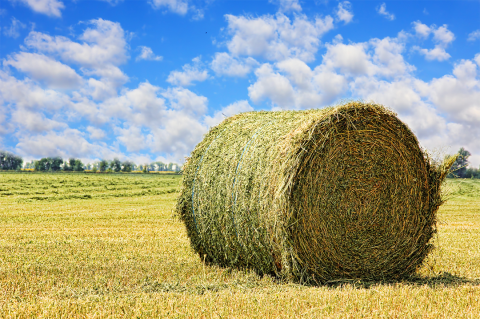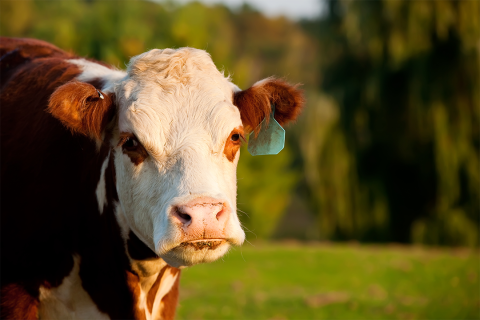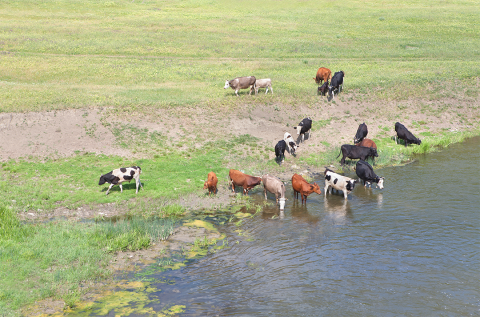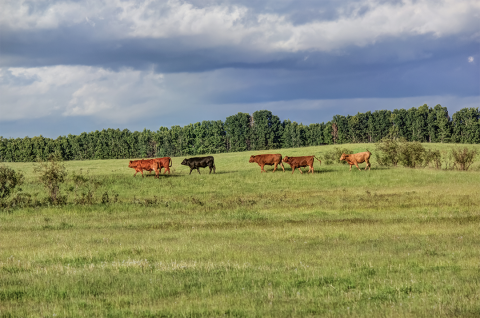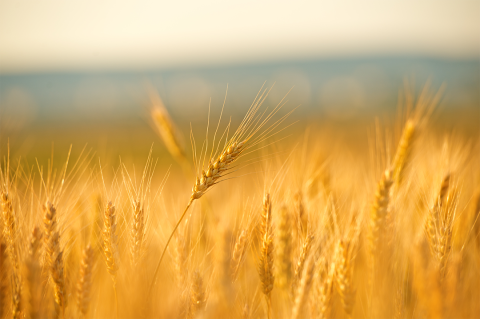
Crop Progress: Winter Wheat Harvest Nears End
July 30, 2024
Winter wheat harvest in Nebraska was at 95% complete as of July 28, and oat harvest clocked in at 82%.
Pasture and Forage Minute: Forage Harvest, Pasture Rental Rates and Controlling Yucca
July 24, 2024
Considerations for harvest of slow-to-dry summer annual grasses, setting 2024 pasture rental rates, and controlling yucca on Nebraska rangelands.
Pasture and Forage Minute: Nebraska Grazing Conference Aug. 6-7
July 16, 2024
Details on the upcoming 2024 Nebraska Grazing Conference, and considerations for mid-season forage evaluations and stable fly management in pastures.
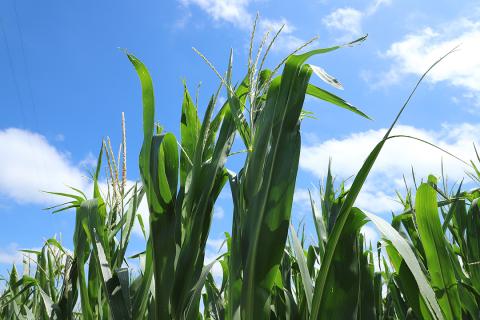
Crop Progress: Minimal Changes to Nebraska Crop Conditions
July 22, 2024
Most Nebraska crops have experienced a slight decline in condition over the last three weeks but remain well above conditions in July 2023.
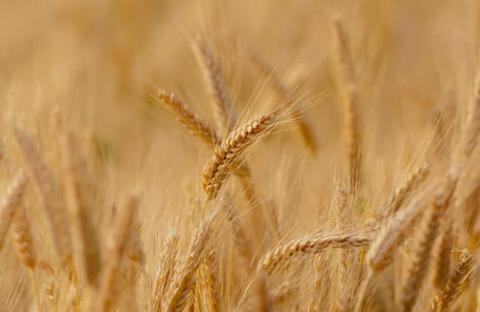
Crop Progress: Wheat Harvest Ahead of Pace
July 22, 2024
As of July 14, winter wheat harvest progress was at 70% complete in Nebraska — well ahead of 18% last year.
Pasture and Forage Minute: Forage, Insect and Water Quality Issues for Grazing Livestock
July 9, 2024
Extension educators review common issues for producers to bear in mind as livestock graze throughout the summer, including prussic acid, horn flies and face flies, and water contamination.
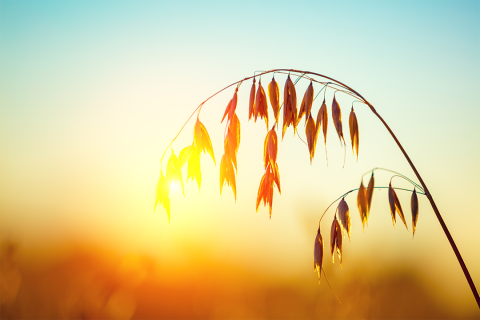
Crop Progress: Oat Harvest Begins
July 8, 2024
Despite the onset of summer heat, the condition of most Nebraska crops in 2024 continues to be well above last year. Harvest for winter wheat and oats is also advancing above average pace.
Pasture and Forage Minute: Hay Harvest, Weather Impacts on Forage Growth and Grazing Strategies
July 1, 2024
Nebraska Extension educators share tips on adjusting grazing strategies for summer weather and forage growth, and targeting the best date for sub-irrigated meadow hay harvest.
